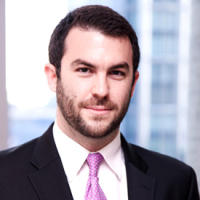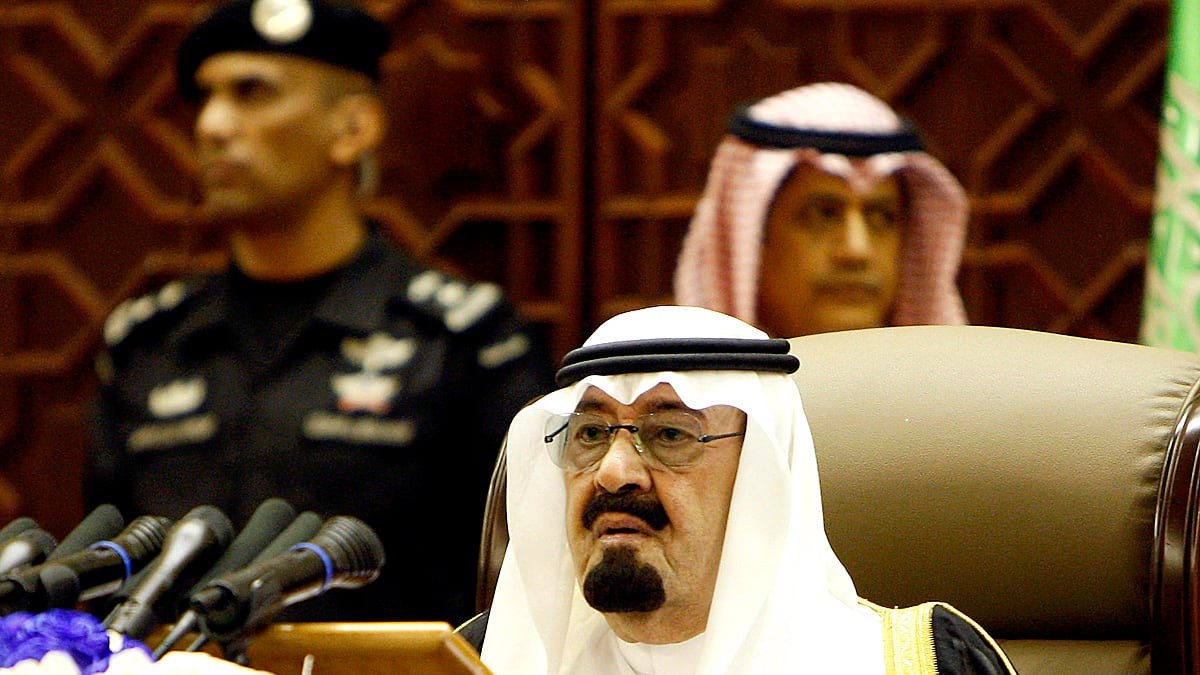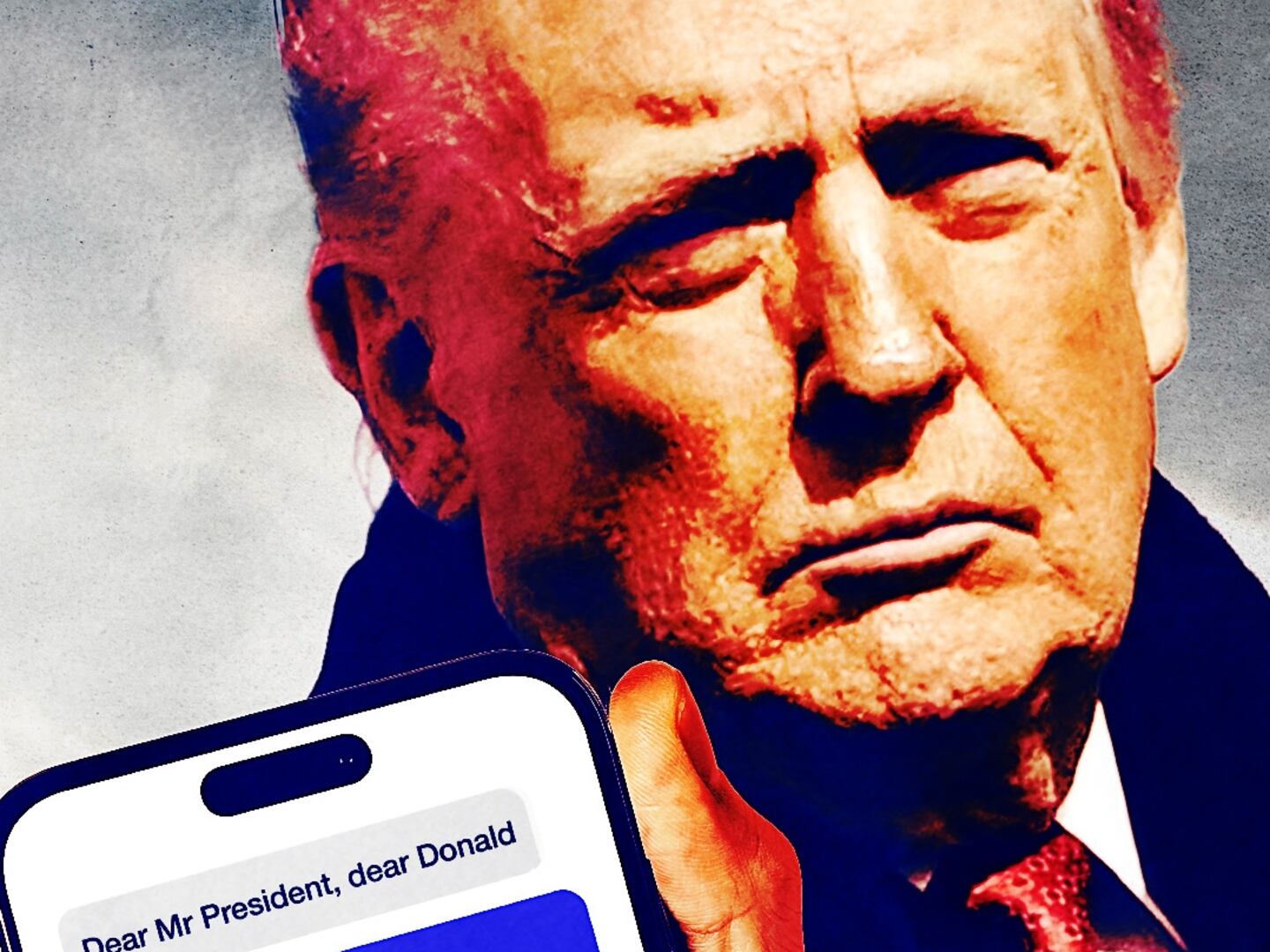Saudi women awoke Sunday to a long-awaited and welcome surprise announcement from King Abdullah: women will be permitted to vote and run in future municipal elections. Although the municipal council has little influence and only half of its members are elected—the other half are appointed—there can be no doubt that this is good news and a step in the right direction.
Saudi online activist Khaled Yeslam summed up the day’s developments on his Twitter page, tweeting: “Congratulations. Women in my country have become human beings.”
Not quite yet. Women’s rights advocate Wajeha al-Huwaider reminded me that women in Saudi Arabia will only be able to vote and partake in the elections starting in 2015. “There is a municipal election this week, but women cannot participate,” she said. “They will have to wait for the second cycle, which could be more than three years away. These changes won’t happen any time soon.”
Just two municipal elections have been held in the past 50 years in Saudi Arabia. The king added that nominees to the council must follow “Islamic guidelines,” a caveat that effectively disqualifies many secular and liberal candidates.
In coming days, a slew of op-eds will be written praising King Abdullah for his announcement. Western leaders will shower him with thanks. But one should never forget just how far behind the civilized world Saudi Arabia remains. There are no political parties and no national elections in the country. Days ago, Abdul Hamid al-Fakki was beheaded for “sorcery.” Non-Muslims are banned from importing Bibles, building houses of worship, or setting foot in some cities. Women are virtual slaves under the guardianship system. They cannot drive a car and are forbidden from traveling without a man’s permission. Religious police, whom the king funds, roam the streets whipping women who mingle with non-relative males.
In other words, Saudi Arabia has just leaped from F- to an F+ in human rights.

Nevertheless, activists inside the country will likely be emboldened by the king’s decision. Few doubt that international pressure also played a role in affecting Abdullah’s actions. In July, 14 female U.S. senators called on the king to allow women to drive and enjoy greater political rights. Secretary of State Hillary Clinton went on record supporting the movement of Saudi women drivers. And the “Women 2 Drive” and “Honk 2 Drive” campaigns inspired creative responses from race-car driver Leilani Münter, among others. In January, I invited King Abdullah to cosponsor the First Annual Saudi Women’s Grand Prix and later followed up with a personal appeal on YouTube to the king.
A Saudi diplomat recently told me, “With the Internet, there is no such thing as a closed society anymore.” Indeed, a steady flow of pictures, videos, and heartbreaking stories of women being arrested for driving has reached the West.
The convergence of a small but vocal group of activists within the country, combined with increasing international pressure, forced a tyrant to relent. But al-Huwaider points to even more pressing issues than municipal elections. “Revising the male guardianship system is the most important thing now because it touches every woman’s life,” she said. Other critical changes must include “allowing NGOs in the country, fighting corruption, improving human rights, and revising the court system.”
Declaring that women can vote years from now for half of a municipal body with little influence does not mean that King Abdullah is a freedom-loving democrat. Far from it. He remains the unelected potentate of a draconian theocratic dictatorship. Pressure on the Saudi regime, domestically and internationally, should not cease for a single moment following this small victory. Rather, it should inspire and propel Saudi dissidents and liberals to new heights.
No nation can reach its full potential when half of its population is marginalized. There are clear economic and social benefits to the enfranchisement of women, but most important is the moral duty of upholding the unalienable rights of all people. These rights are not subject to the whims of kings or regimes but rather are consecrations of divine inspiration. As Omar Ibn Al Khattab, Islam’s second caliph, proclaimed, “Since when have you enslaved people when their mothers birthed them free?” Municipal elections aside, King Abdullah has resoundingly failed to answer this question.






